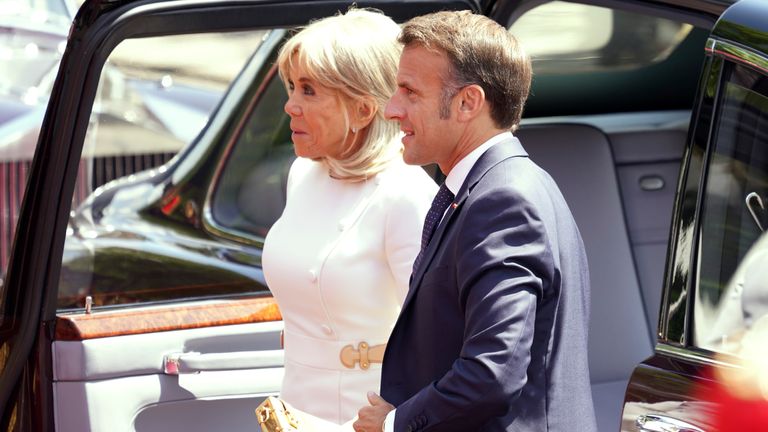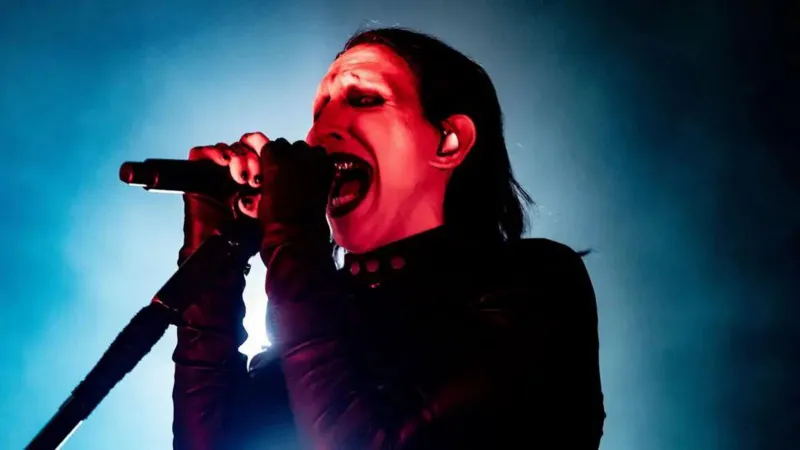Timeline: Two years since the Myanmar military coup
The conflict between the military and anti-coup fighters has deepened with violence in nearly all parts of the country.

February 1 marks two years since the military, led by army chief Senior General Min Aung Hlaing, seized control of Myanmar.
In the past year, the generals have stepped up their efforts to wipe out all opposition to their rule.
The country’s elected leader, Aung San Suu Kyi, has been convicted of a litany of charges in proceedings that took place behind closed doors and faces the rest of her life behind bars.
In a decision that shocked the world, the military also hanged four anti-coup activists — the first use of the death penalty in more than 30 years.
It has also turned increasingly to air power in its crackdown on the anti-coup movement, and has deepened its ties with Russia, a key weapons supplier.
Despite the continued crackdown, diplomatic efforts to end the violence and restore the civilian government have largely failed to make progress.
“It’s critical we reflect on the international community’s myriad failures in response to a crisis that remains as urgent today as it was two years ago,” Akila Radhakrishnan, president of the Global Justice Center, said in a statement.
“It is never too late for the international community to learn from its mistakes. The UN Security Council could follow its recent and first-ever resolution on Myanmar with a comprehensive and ongoing plan of action that includes measures like a global arms embargo and a referral to the International Criminal Court.”
a close up of a protester's gloved hands holding a placard showing two photos of the face of Senior General Min Aung Hlaing crossed out in red. The placard reads 'AGAINST MILITARY COUP'.
People took to the streets soon after the generals seized power, but two years on, thousands have been killed and many more forced from their homes in a dire humanitarian crisis File: AP Photo]
Here is a timeline of events since the military seized power in 2021:
February 1
The military detains Aung San Suu Kyi and other members of the National League for Democracy, which had been re-elected in a landslide in November 2020.
A state of emergency is declared, and army chief Min Aung Hlaing seizes control.
February 3
Mass civil disobedience is declared, with government workers, including teachers and doctors, walking off the job.
The police announce the first charges against Aung San Suu Kyi — the illegal use of walkie-talkies.
February 9
Police are accused of using excessive and lethal force against protesters in Naypyidaw, the capital. Mya Thwate Thwate Khaing, 20, is shot in the head and dies 10 days later. The military bans gatherings in townships across 10 regions.
February 12
Tens of thousands of people in Yangon and elsewhere in Myanmar join the anti-coup protests, the biggest crowd since the generals’ power grab. The United States imposes its first sanctions on coup leader Min Aung Hlaing and several other senior generals for their roles in the coup. The European Union, Canada and others follow.
February 26
United Nations Ambassador Kyaw Moe Tun calls for the “strongest possible action” against the military regime and ends his UN speech with the three-fingered salute adopted by the protesters.
A few days later, the coup leaders announce he has been fired for “betraying” the country. The UN has continued to maintain Kyaw Moe Tun’s credentials despite pressure from the military regime.
March 10
The UN Security Council unanimously calls for a reversal of the military coup in Myanmar and condemns the military’s violence against peaceful protesters.
The next day, Tom Andrews, the UN Special Rapporteur on human rights in Myanmar, tells the UN’s Human Rights Council the country is “being controlled by a murderous, illegal regime“.
March 27
Troops kill at least 160 people as the military holds its traditional parade to mark Armed Forces Day.
April 16
Politicians forced out of office by the military announce they have formed a National Unity Government (NUG).
April 24
Min Aung Hlaing travels to Jakarta for a summit with Southeast Asian leaders. The armed forces chief signs a five-point plan to end the violence and seek a solution to the political crisis.
May 24
Aung San Suu Kyi appears in court for the first time since her government was overthrown.
She faces a variety of charges, including the illegal import of walkie-talkies and breaking COVID-19 rules during the 2020 election.
July 26
The military cancels the result of the 2020 election, claiming millions of cases of fraud.
International and domestic observers who watched the polls said there were no major irregularities.
August 1
Min Aung Hlaing appoints himself prime minister in the military’s State Administration Council. He says the military will hold elections by 2023.
August 6
The US charges two Myanmar citizens over a plot to injure or kill UN Ambassador Kyaw Moe Tun.
September 6
The military releases Ashin Wirathu, a nationalist Buddhist monk notorious for his anti-Muslim tirades, after dropping sedition charges brought by Aung San Suu Kyi’s deposed government.
September 7
The NUG calls for a nationwide uprising against the generals.
“With the responsibility to protect the life and properties of the people, the National Unity Government … [has] launched a people’s defensive war against the military junta,” Duwa Lashi La, the acting president of the NUG, said in a video statement posted on Facebook.
“As this is a public revolution, all the citizens within entire Myanmar, revolt against the rule of the military terrorists led by Min Aung Hlaing in every corner of the country.”
October 16
In an unprecedented move, the Association of Southeast Asian Nations (ASEAN) excludes Min Aung Hlaing from their summit, saying the military has failed to make progress on its five-point plan to end the crisis.
Aung San Suu Kyi sits in court with a female police officer behind her in her first public appearance since the February 1, 2021 coup.
Aung San Suu Kyi has rarely been seen since she was arrested by the military when they seized power in February 2021. She was shown by state television appearing in court on May 24, 2021, and has since been sentenced to jail for a total of 33 years on charges seen as politically motivated [File: MRTV via Reuters]
November 16
Myanmar charges Aung San Suu Kyi and 15 others with “electoral fraud and lawless actions” over the 2020 elections.
December 6
Aung San Suu Kyi is found guilty and jailed for four years on charges of “incitement” against the military, as well as breaching COVID-19 protocols. The sentence is later cut to two years.
December 24
The UN accuses the military of killing dozens of civilians in eastern Myanmar after raiding a village on Christmas Eve.
-al jazeera






